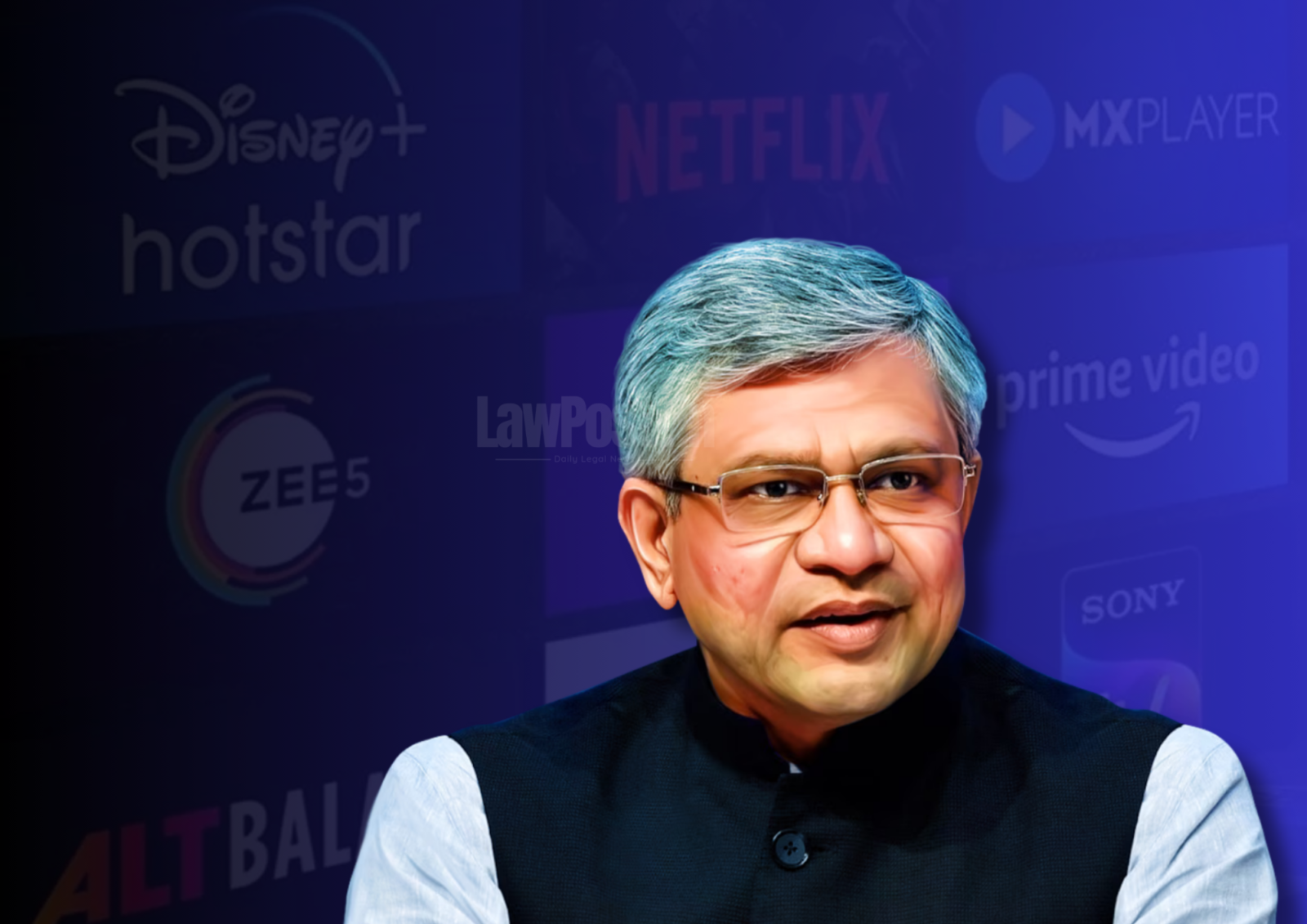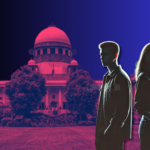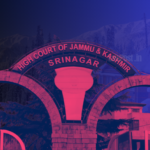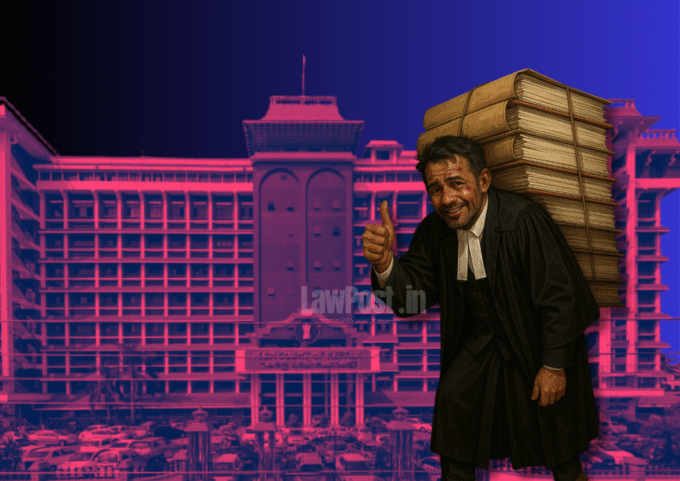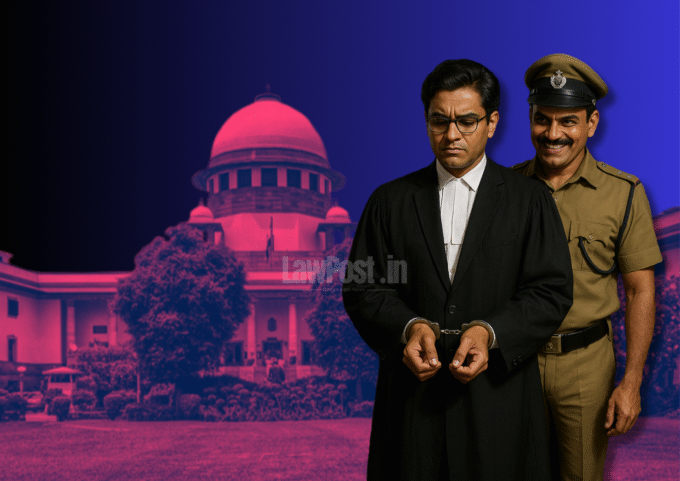Union Minister for Electronics and Information Technology, Ashwini Vaishnaw, has called for more stringent regulations to curb the proliferation of vulgar content on social media and Over-the-Top (OTT) platforms. Speaking in Parliament on Wednesday, Vaishnaw emphasized the erosion of editorial checks in the digital age and urged a collaborative effort to align laws with India’s cultural values.
“This issue is undoubtedly very important. In the era of social media and OTT platforms, editorial checks have all but disappeared. While social media serves as a medium for press freedom, it also enables uncontrolled expression, often resulting in the proliferation of vulgar content. There is a clear need to strengthen the existing laws, and I would urge everyone to work towards building a consensus on this matter,” Vaishnaw stated.
The Minister was responding to a question by Bharatiya Janata Party (BJP) MP Arun Govil regarding the government’s plans to tighten laws governing digital platforms. Highlighting the cultural dissonance between India and the regions where many digital platforms originate, Vaishnaw noted that similar debates are ongoing worldwide.
Urging the Parliamentary Standing Committee to address the matter, he said, “There is a vast difference between the culture of our country and the cultural context of the regions where these social media apps originate. This debate is prevalent in almost every country around the world. Therefore, I urge the Parliamentary Standing Committee to address this matter and work towards building a consensus in our society, paving the way for the enactment of more stringent laws.”
Current Laws in Place
The Information Technology (Intermediary Guidelines and Digital Media Ethics Code) Rules, 2021, already mandate platforms to adhere to a Code of Ethics. These guidelines require:
- Age-based classification of content into five categories.
- Safeguards against transmitting prohibited content, including obscene or pornographic material, harassment, and content harmful to children.
Platforms like YouTube, Facebook, and others must make “reasonable efforts” to ensure users do not upload or share objectionable content. However, concerns remain over the effectiveness of these measures.
Court Observations on OTT Content
The call for stricter regulations echoes previous observations made by the judiciary. In a 2021 case, the Supreme Court remarked, “OTT platforms have no screening, and even pornographic content is being shown. There should be some mechanism to screen such programs.” Similarly, the Allahabad High Court emphasized that OTT platforms should maintain a balance between creativity and responsibility to the public.
Building Consensus
Vaishnaw stressed the importance of a society-wide discussion. “This requires deliberation not only within Parliament but also across society to shape laws that reflect India’s cultural ethos and values,” he added.
With debates over the regulation of digital platforms gaining traction globally, India’s move towards stricter controls could set a precedent for balancing freedom of expression with societal norms.


